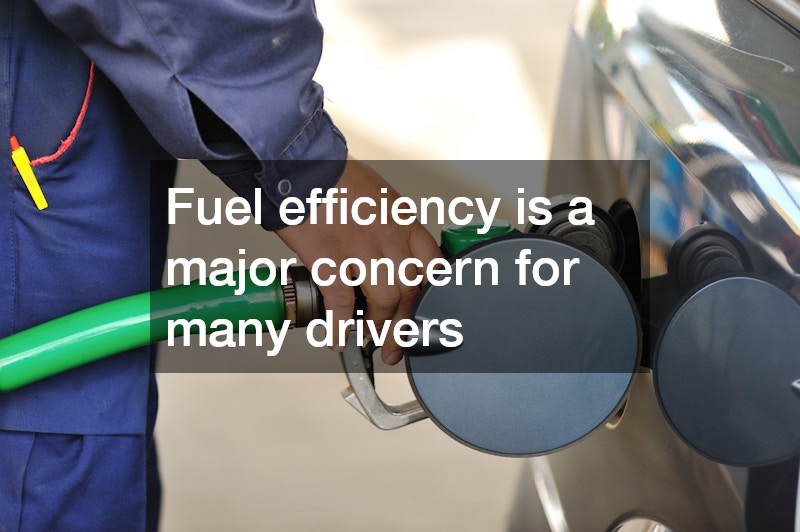
Proper car maintenance is essential for keeping your vehicle running smoothly and safely. It also helps extend the lifespan of your car and prevents costly repairs down the track. However, many drivers are unsure about the best practices when it comes to maintaining their vehicles. In this article, we’ll answer five common questions about car maintenance, with insights from experienced mechanics to help you stay on top of your car care routine.
1. How Often Should I Service My Car?
One of the most frequent questions about car maintenance is how often a vehicle needs servicing. Most mechanics recommend following your car manufacturer’s service schedule, which is typically based on kilometres driven or time intervals, such as every six months or 10,000 kilometres, whichever comes first.
Regular servicing is essential to ensure that your car’s critical systems, such as the engine, brakes and transmission, are functioning correctly. Skipping services can lead to wear and tear that may compromise safety and result in expensive repairs. Additionally, routine servicing helps maintain your vehicle’s warranty and resale value.
2. What Does a Full Car Service Include?
A full car service is more comprehensive than a basic check-up and typically involves inspecting and maintaining several components of your vehicle. Mechanics will often perform the following tasks during a full service:
- Changing the engine oil and oil filter
- Checking and replacing air and fuel filters if necessary
- Inspecting the brakes, suspension and steering system
- Testing the battery and electrical components
- Ensuring tyres are properly inflated and have sufficient tread depth
- Checking fluid levels, including coolant, brake fluid and power steering fluid
Depending on your car’s age, make and model, the service may also include more specific checks, such as timing belt replacement. Regularly scheduling full services with qualified mechanics is vital for keeping your car in optimal condition.
3. How Can I Tell If My Tyres Need Replacing?
Your tyres are a critical component of your vehicle, as they directly affect safety and performance. Knowing when to replace them can be tricky, but there are a few key signs to look out for.
Mechanics recommend checking your tyre tread depth regularly. In Australia, the legal minimum tread depth is 1.5mm, but it’s wise to replace tyres before they reach this point. Many tyres have tread wear indicators, small bars of rubber within the tread grooves, to help you identify when they’re worn down.
Other signs that your tyres may need replacing include:
- Cracks or bulges in the sidewalls
- Uneven tread wear, which may indicate alignment or suspension issues
- A noticeable loss of grip, particularly in wet conditions
It’s essential to have your tyres inspected by qualified mechanics if you’re unsure about their condition. Driving on worn or damaged tyres can significantly increase the risk of accidents.
4. Why Is My Check Engine Light On?
The check engine light is one of the most common warnings drivers encounter, and it can be a source of anxiety. This light can indicate a wide range of issues, from minor problems like a loose petrol cap to more serious concerns such as engine misfires.
When the check engine light comes on, mechanics recommend the following steps:
- Check your petrol cap to ensure it’s secure, as this is a common and easily fixed issue.
- Take note of any unusual symptoms, such as strange noises, reduced performance or changes in fuel efficiency.
- Book an inspection with a mechanic as soon as possible. They will use diagnostic tools to pinpoint the cause of the warning light and recommend appropriate repairs.
Ignoring the check engine light can lead to further damage and more expensive repairs. Prompt attention from experienced mechanics ensures any issues are addressed early.
5. How Can I Improve My Car’s Fuel Efficiency?
Fuel efficiency is a major concern for many drivers, particularly with rising fuel costs. While modern cars are designed to optimise fuel consumption, there are several steps you can take to reduce your fuel usage further. Mechanics suggest the following tips:
- Maintain your tyres: Ensure they’re properly inflated to the recommended pressure, as underinflated tyres can increase fuel consumption.
- Avoid aggressive driving: Rapid acceleration, hard braking and speeding use more fuel than smooth, consistent driving.
- Reduce weight and drag: Remove unnecessary items from your car and avoid roof racks or cargo boxes when not in use.
- Keep your engine in good condition: Regular servicing ensures your engine is running efficiently, which improves fuel economy.
- Plan your trips: Combine errands into one journey to reduce the number of cold starts, which consume more fuel.
Car maintenance is an essential responsibility for every driver. By understanding the answers to these common questions and working closely with qualified mechanics, you can keep your vehicle in excellent condition while ensuring your safety on the road. Whether it’s sticking to a service schedule, monitoring your tyres, or addressing warning lights promptly, staying proactive about car care can save you time and money in the long run.
.
